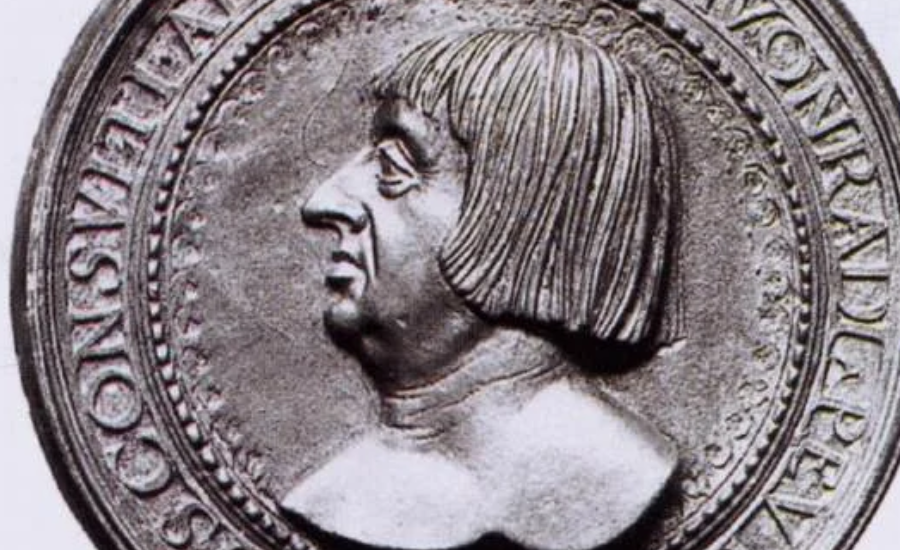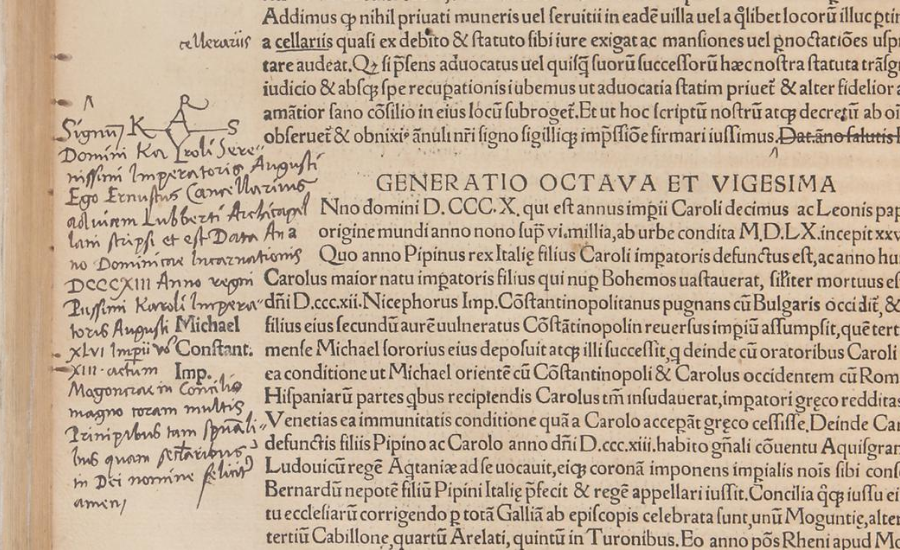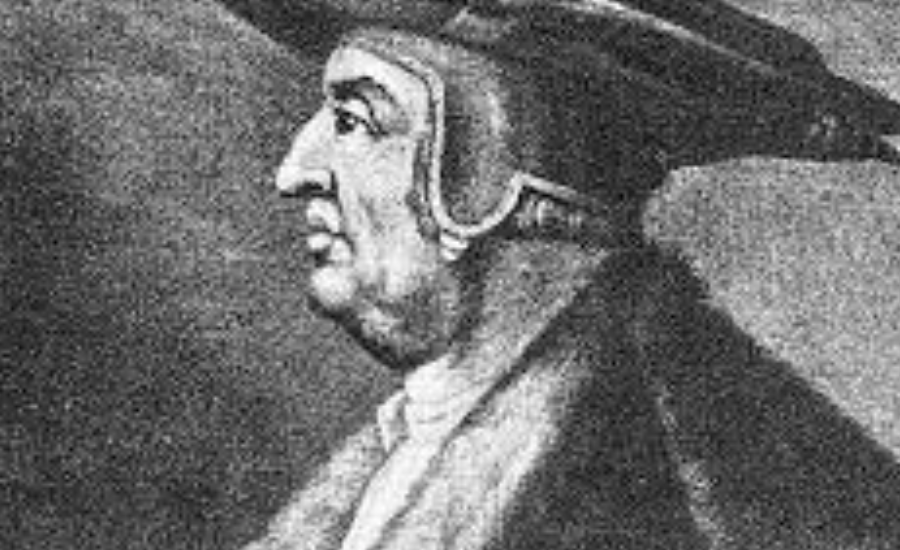Conrad Peutinger ii 1475 born in 1475 in Augsburg, Germany, was a prominent figure of the Renaissance era renowned for his diverse contributions as a scholar, diplomat, and humanist. His intellectual pursuits and diplomatic endeavors played a significant role in the preservation of ancient knowledge and the management of political relations in a turbulent period. This article explores Peutinger’s multifaceted career and enduring legacy.
Early Life and Education
Conrad Peutinger ii 1475 was born in 1475 in Augsburg, Germany, into a prominent family renowned for its influence and affluence. As a young scholar, Peutinger received a comprehensive education at some of the most esteemed universities in both Italy and Germany. During his studies, he immersed himself in Roman law, classical Greek literature, and the broader field of classical studies. This formative period ignited a lasting passion for humanism and a deep commitment to the revival and preservation of ancient knowledge.
Legal and Diplomatic Career
Peutinger’s rigorous training in Roman law laid a solid foundation for his notable career in public service. His proficiency in legal matters quickly earned him influential positions within the Holy Roman Empire. Notably, as an envoy for Emperor Maximilian I, Peutinger played a critical role in managing the empire’s diplomatic relations with various European states, including France and the Papal States. His adept negotiation skills and strategic diplomacy were instrumental in resolving conflicts and fostering stability during a time of considerable political turbulence.

Major Diplomatic Achievements
Conrad Peutinger’s diplomatic legacy is highlighted by his participation in the imperial diet, where he played a crucial role in mediating disputes and fostering political cohesion within the empire. His ability to navigate complex political landscapes and build alliances helped to prevent conflicts and sustain peace throughout the empire.
Preservation of the “Tabula Peutingeriana”
Among Peutinger’s most notable contributions is his preservation of the “Tabula Peutingeriana,” an ancient Roman road map. Dating back to the 4th century AD, this map provides a detailed depiction of the Roman Empire’s infrastructure. Peutinger’s meticulous care in safeguarding this map ensured its survival, making it a valuable resource for understanding Roman geography and infrastructure.

Importance of the “Tabula Peutingeriana”
The “Tabula Peutingeriana” is a crucial document for historians and archaeologists, offering rare insights into Roman transportation and communication networks. Conrad Peutinger’s preservation of this map was pivotal in maintaining knowledge of the Roman Empire’s extensive road systems and urban centers.
Involvement in the Protestant Reformation
During the Protestant Reformation, Conrad Peutinger ii 1475 was a significant figure in religious discourse. Although he maintained a neutral stance, he engaged in discussions and debates with both Catholic and Protestant leaders. His role as a mediator helped to ease tensions and promote dialogue between opposing religious factions.
Role in the Augsburg Confession
Peutinger was involved in the drafting and negotiation of the Augsburg Confession in 1530. While his personal beliefs remained moderate, his diplomatic skills were crucial in managing the religious and political complexities of the time, facilitating a balanced approach to the Reformation’s demands.
Contributions to Humanism and Classical Studies
His extensive library included manuscripts, inscriptions, and coins from antiquity, reflecting his dedication to reviving ancient knowledge. His connections with prominent humanists of the period further advanced the study of classical antiquity.
Manuscript Collection
Conrad Peutinger ii 1475 ’s manuscript collection was not only extensive but also crucial to the preservation and revival of classical knowledge during the Renaissance. His collection featured an impressive array of manuscripts, ancient inscriptions, and artifacts, which spanned various genres and periods of classical antiquity. Among these were works by Roman historians, philosophers, and poets, as well as rare inscriptions and numismatic items that provided invaluable insights into ancient cultures and societies.

This effort was integral to the Renaissance movement, which sought to recover and study the texts and artifacts of the ancient world. His collection served as a vital resource for contemporary scholars and played a significant role in the broader humanist endeavor to revive classical learning.
Peutinger’s manuscripts were not only a reflection of his personal scholarly interests but also a testament to the Renaissance’s emphasis on returning to classical sources for intellectual enrichment. His library facilitated the work of other humanists and scholars, providing them with essential materials for research and study. The collection’s preservation ensured that many ancient works, which might otherwise have been lost, continued to influence the intellectual landscape of Europe long after Peutinger’s time.
Legacy
Conrad Peutinger ii 1475 s legacy is a rich tapestry of achievements spanning diplomacy, scholarship, and humanism. His impact on Renaissance scholarship is particularly notable for his efforts in preserving the “Tabula Peutingeriana,” an invaluable Roman map that offered detailed insights into the geography and infrastructure of the ancient empire. This preservation was not merely an act of historical conservation but also a significant contribution to the understanding of Roman civilization and its complexities.
Peutinger’s extensive manuscript collection stands as a monument to his dedication to classical studies. His collection provided a foundation for the Renaissance revival of classical knowledge, influencing subsequent generations of scholars and humanists. By safeguarding and promoting the study of ancient texts, Peutinger played a key role in ensuring that the wisdom of the classical world continued to inform and enrich contemporary thought.
In diplomacy, Peutinger’s skillful navigation of complex political landscapes and his role in mediating conflicts between the Holy Roman Empire and its European neighbors demonstrated his remarkable capacity for political and intellectual engagement. His ability to manage and resolve diplomatic disputes contributed to maintaining stability and fostering alliances during a period of significant political and religious upheaval.
Overall, Conrad Peutinger II epitomized the Renaissance ideal of the polymath, seamlessly integrating his scholarly pursuits with his diplomatic work. His contributions to humanism, through both his preservation of classical texts and his engagement with contemporary intellectual networks, solidified his place as a significant figure in the history of Renaissance scholarship and diplomacy. His legacy endures through the continued study of his preserved manuscripts and the historical documents he safeguarded, highlighting his lasting influence on the fields of classical studies and Renaissance humanism.
FAQs
Q: Who was Conrad Peutinger II?
A: Conrad Peutinger II was a Renaissance scholar, diplomat, and humanist born in Augsburg, Germany, in 1475.
Q: What is the “Tabula Peutingeriana”?
A: The “Tabula Peutingeriana” is an ancient Roman road map from the 4th century AD that provides a detailed representation of the Roman Empire’s infrastructure.
Q: How did Conrad Peutinger contribute to the Protestant Reformation?
A: During the Protestant Reformation, Peutinger played a mediating role by engaging in discussions with both Catholic and Protestant leaders. Although he maintained a neutral stance, his efforts helped ease tensions and promote dialogue between opposing religious factions.
Q: What was Conrad Peutinger’s role as a diplomat?
A: As an envoy for Emperor Maximilian I, Peutinger managed diplomatic relations with European powers, including France and the Papal States. His diplomatic skills were instrumental in resolving conflicts and maintaining political stability within the Holy Roman Empire.
Q: How did Conrad Peutinger promote humanism?
A: Peutinger was a committed humanist scholar who focused on the study and preservation of classical texts. His extensive manuscript collection and connections with other leading humanists helped advance the Renaissance revival of classical knowledge.
Conclusion
Conrad Peutinger II, a distinguished Renaissance figure born in 1475 in Augsburg, Germany, made profound contributions as a scholar, diplomat, and humanist. His extensive education in Roman law and classical studies laid the groundwork for his influential career in public service. As an ambassador for Emperor Maximilian I, his diplomatic efforts were crucial in maintaining stability and managing relationships with European powers.
Peutinger’s preservation of the “Tabula Peutingeriana” and his impressive manuscript collection were pivotal in the Renaissance movement to recover and study classical knowledge. His involvement in the Protestant Reformation and the Augsburg Confession highlighted his role in navigating complex religious and political landscapes.
Overall, Conrad Peutinger II exemplified the Renaissance ideal of the polymath, blending scholarly pursuits with diplomatic expertise.
“Don’t miss out on updates and alerts – stay connected!” US Wire Magazine
